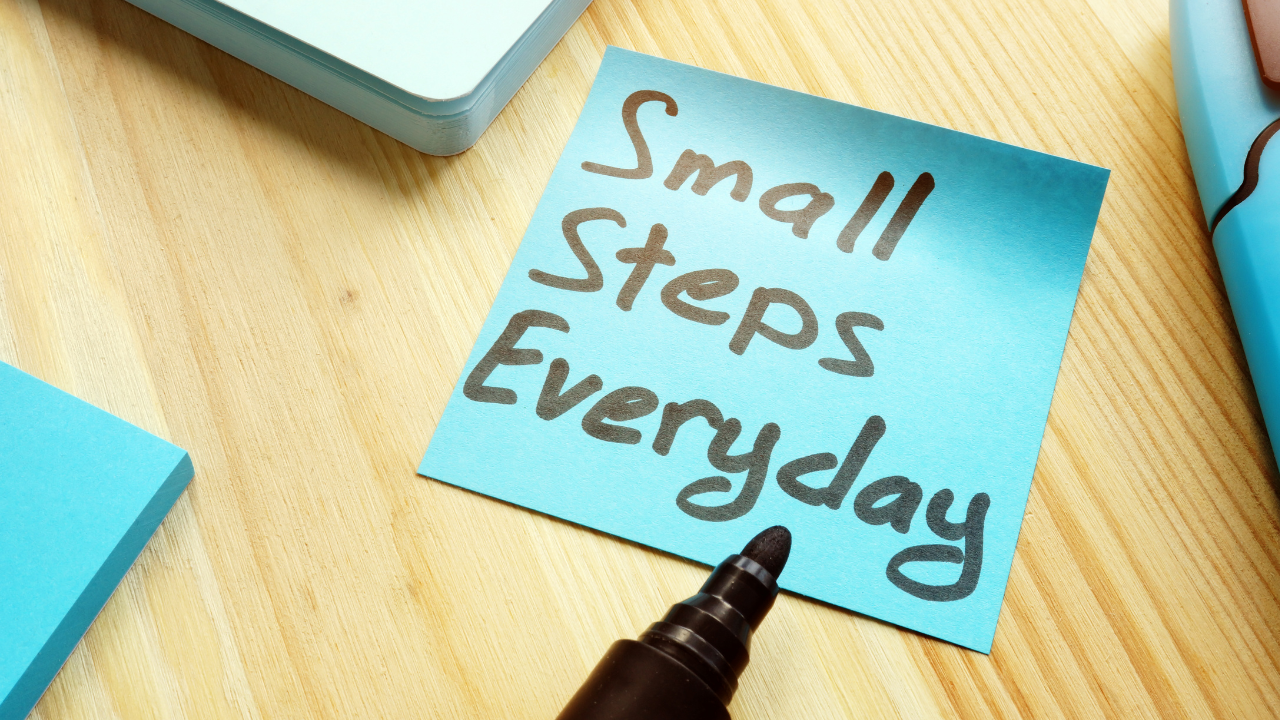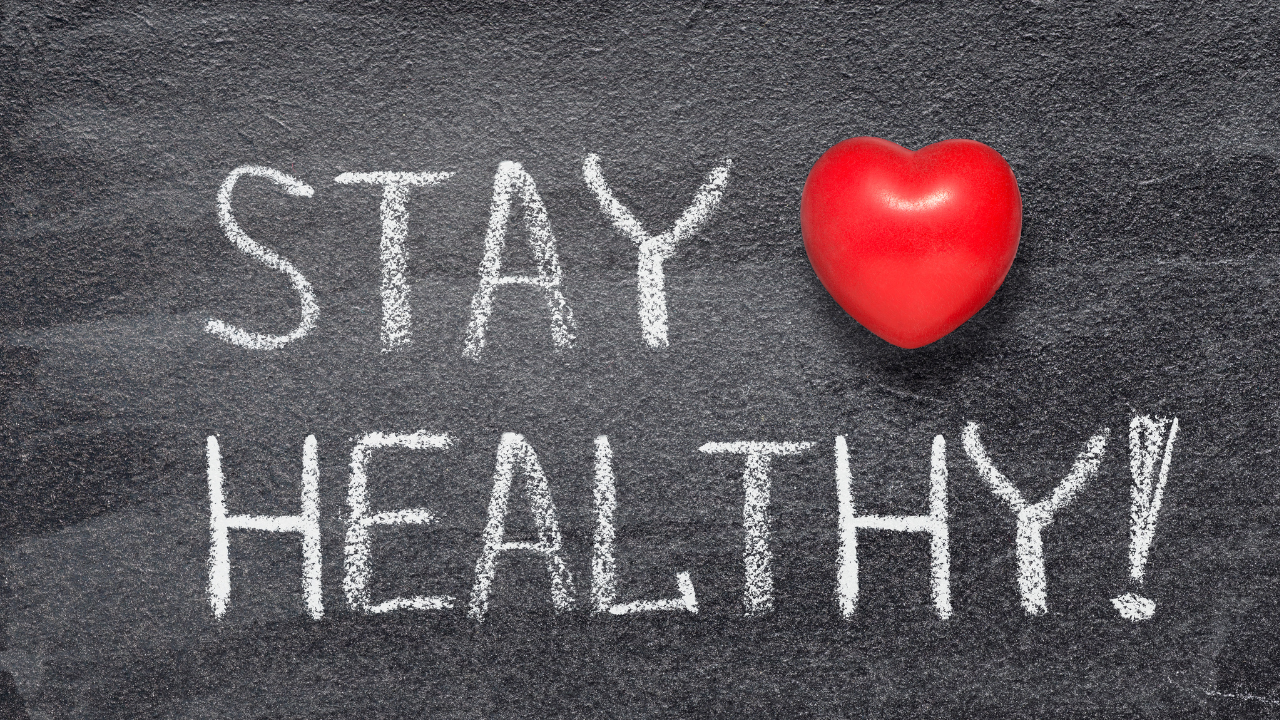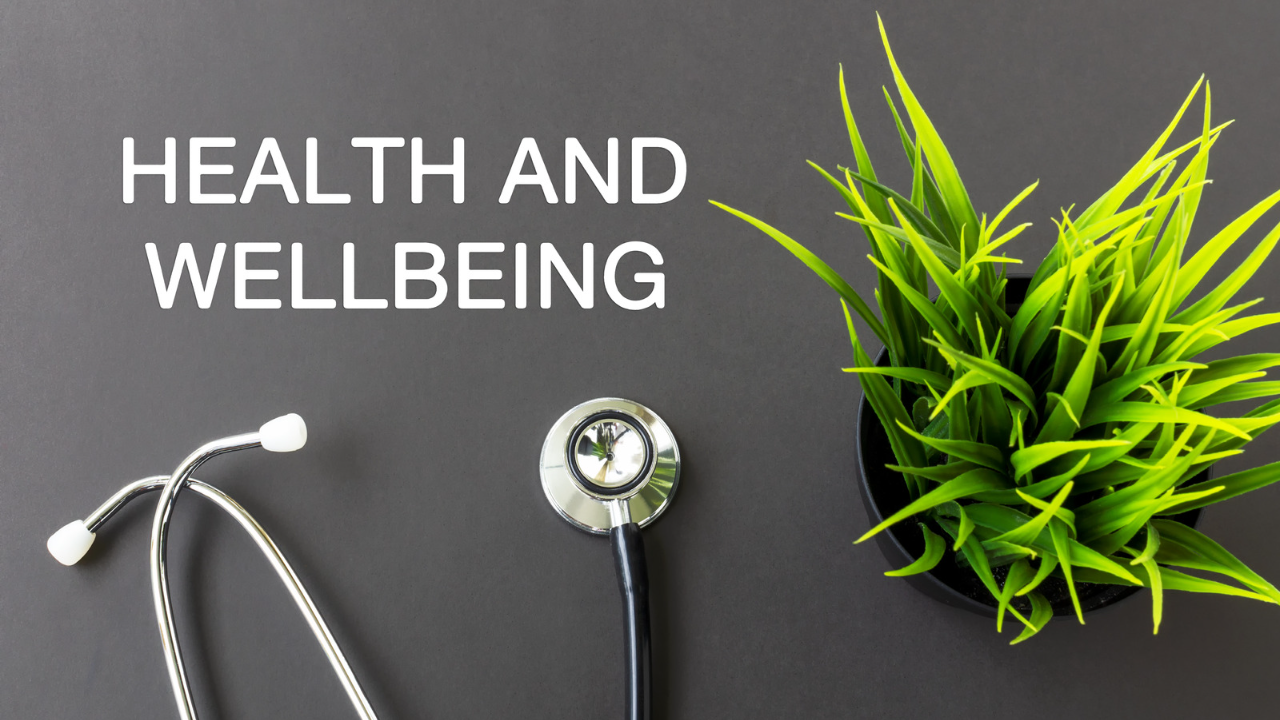In a world where quick fixes are the norm, it’s easy to dismiss intermittent fasting (IF) as just another health trend. But IF isn’t about short-term gains—it’s about long-term sustainability.
I’ve been familiar with IF for a while, having hopped on the bandwagon back in 2005 before it became the health buzzword it is today. However, like many of you, life, career, and family responsibilities weighed on my journey, and maintaining balance wasn’t always easy. But today, I’m sharing my renewed journey with you in the hope that my struggles, progress, and lessons can guide and motivate you on your own path.
Why Intermittent Fasting?
Before diving into how you can start, let’s talk about why. IF is not just about weight loss—though, trust me, that’s a benefit many of us can appreciate. It’s about resetting your body, giving it the time to heal, and aligning with its natural rhythms. By focusing on when you eat, rather than obsessing over what you eat, you give your body the space to recharge, recruit stem cells for repair, and even improve focus and energy levels.
But here’s the catch: Starting isn’t always easy. The inertia of daily habits can be hard to overcome.
For years, I cherished my morning coffee and enjoyed sugary snacks, but when I decided to recommit to IF in September of this year, I made some significant changes. I started eating just one meal a day, eliminated snacks and sugary treats, and yes—even gave up my beloved morning coffee. It wasn’t easy, but after three weeks of sticking to the plan, the results are worth it.

Overcoming Inertia: How to Start
I’ll be honest: The hardest part is simply getting started. Habits are deeply ingrained, and change can be intimidating. But here’s the truth—IF isn’t about perfection; it’s about progress. You don’t have to jump into a full 24-hour fast right away. Instead, start small.
Begin with a 12-hour fasting window, then gradually extend it as your body adjusts. For me, I decided on a 20 to 23-hour fast, with a one-hour break to eat, which worked well. I wasn’t overly strict with my meal choices either, and that flexibility allowed me to stay consistent. Pressure leads to stress, and stress can derail the whole journey, so I consciously avoided being too hard on myself. This flexibility might help you, too, especially if you’re juggling family or work commitments.
Staying Balanced: It’s Not Just About Food
While food is a big part of IF, it’s equally important to stay balanced mentally and emotionally.
Fasting can bring challenges, like dips in energy or mood swings. I’ve noticed that around 5 p.m., I experience a drop in focus, but understanding that this is temporary helps me stay the course. My suggestion? Stay mindful of how your body reacts and adapt as necessary.
For example, when I started this journey in September at just over 202 lbs, I knew I didn’t want to add unnecessary pressure on myself. I focused on making healthy choices but didn’t obsess over every detail. That approach allowed me to find joy in the journey rather than get caught up in restrictions. Fast forward three weeks, and I’ve reached 192 lbs. Am I happy with the progress? Absolutely. But more than that, I feel lighter, not just physically but emotionally too.
 The Benefits of Intermittent Fasting
The Benefits of Intermittent Fasting
The rewards of IF go beyond the numbers on the scale. For me, less weight on my joints has been a huge plus. I’ve struggled with plantar fasciitis in my left foot, and the pain has improved significantly. My mind feels clearer, too, with longer spells of focus, though I still have moments of fatigue in the late afternoon.
More importantly, I’ve gained a sense of control over my health. This journey isn’t just about fitting into smaller clothes or hitting a certain number on the scale. It’s about reclaiming your vitality, understanding your body’s needs, and discovering how small, intentional actions can make a significant difference in your overall well-being.

My Journey, Your Journey
I don’t have it all figured out—this is a work in progress, just like any meaningful change in life. I’m still learning what works for me, experimenting with my fasting windows, and fine-tuning my eating habits. But each day, I feel more motivated and fulfilled.
If you’re considering intermittent fasting, I hope my story resonates with you. My journey began with baby steps—eliminating snacks, skipping breakfast, and focusing on one meal a day—and yours can too. IF doesn’t have to be rigid or overwhelming. Find a rhythm that suits your life, listen to your body, and adapt as you go.
This newsletter will continue to share my progress, challenges, and insights along the way. And as you start your journey, remember: it’s not about perfection. It’s about patience, persistence, and finding what works best for you. Hopefully, we can learn from each other and experience the incredible benefits that come with intermittent fasting.
Here’s to progress, health, and the journey ahead!





